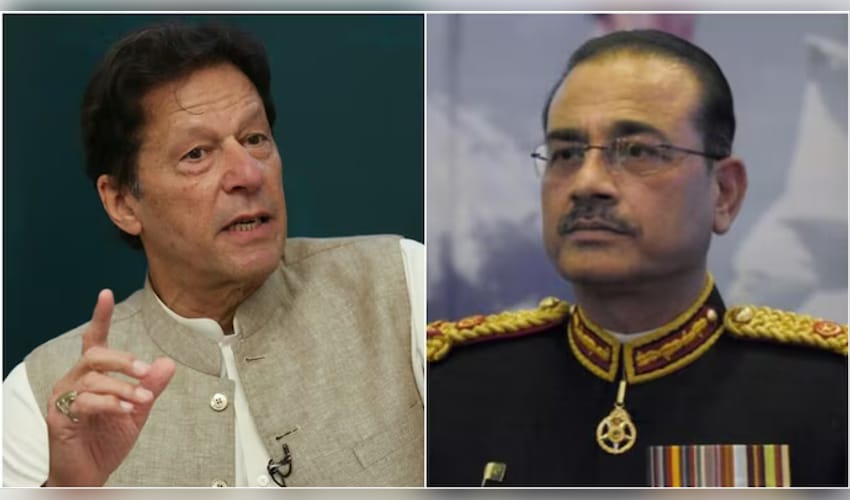News
Why Imran Khan Still Haunts General Asim Munir - And Pakistan's Power Structure

In Pakistan’s turbulent politics, few rivalries are as defining or as destabilizing as the ongoing clash between former prime minister Imran Khan and Army Chief General Asim Munir. Despite being jailed, silenced and politically dismantled, Imran Khan continues to cast a long shadow over the military leadership, unsettling an establishment accustomed to controlling the country’s political script.
At the core of this tension is the military’s fear of Khan’s unmatched street power. No civilian leader in recent decades has mobilized Pakistan’s urban middle class and youth as effectively as him. His rallies, even when banned or restricted, draw crowds that political parties backed by the establishment can only dream of. For Munir, this represents a dangerous variable: a popular leader who refuses to obey traditional red lines.
Analysts note that Khan’s defiance is personal as much as political. His refusal to accept military dominance a rarity in Pakistani politics directly undermines the authority of a system that relies on compliant politicians. Khan openly called out “neutrality,” challenged intelligence agencies and publicly named figures within the security hierarchy. This unprecedented confrontation is precisely why the establishment views him as a destabilizing force.
General Munir’s anxieties also stem from the continued loyalty Imran commands within institutions, including pockets of the bureaucracy, overseas Pakistanis, and even lower ranks of the military. The events of May 9 heightened these fears, showing that Khan’s influence could trigger unrest capable of embarrassing the institution.
Despite all attempts to sideline him, Imran Khan remains the single biggest political force in Pakistan. His narrative anti-corruption, anti-elite, anti-interference continues to resonate. For General Munir, this means that Khan is not just an opponent; he is the one figure capable of disrupting the military’s long-standing grip on national politics.
As Pakistan grapples with economic crisis and political paralysis, the unresolved Khan-Munir rivalry has become a national fault line. And for the establishment, Imran Khan’s lingering influence is a reminder that power in Pakistan is no longer as predictable or as controllable as it once was.
This Image is taken from India Today.



